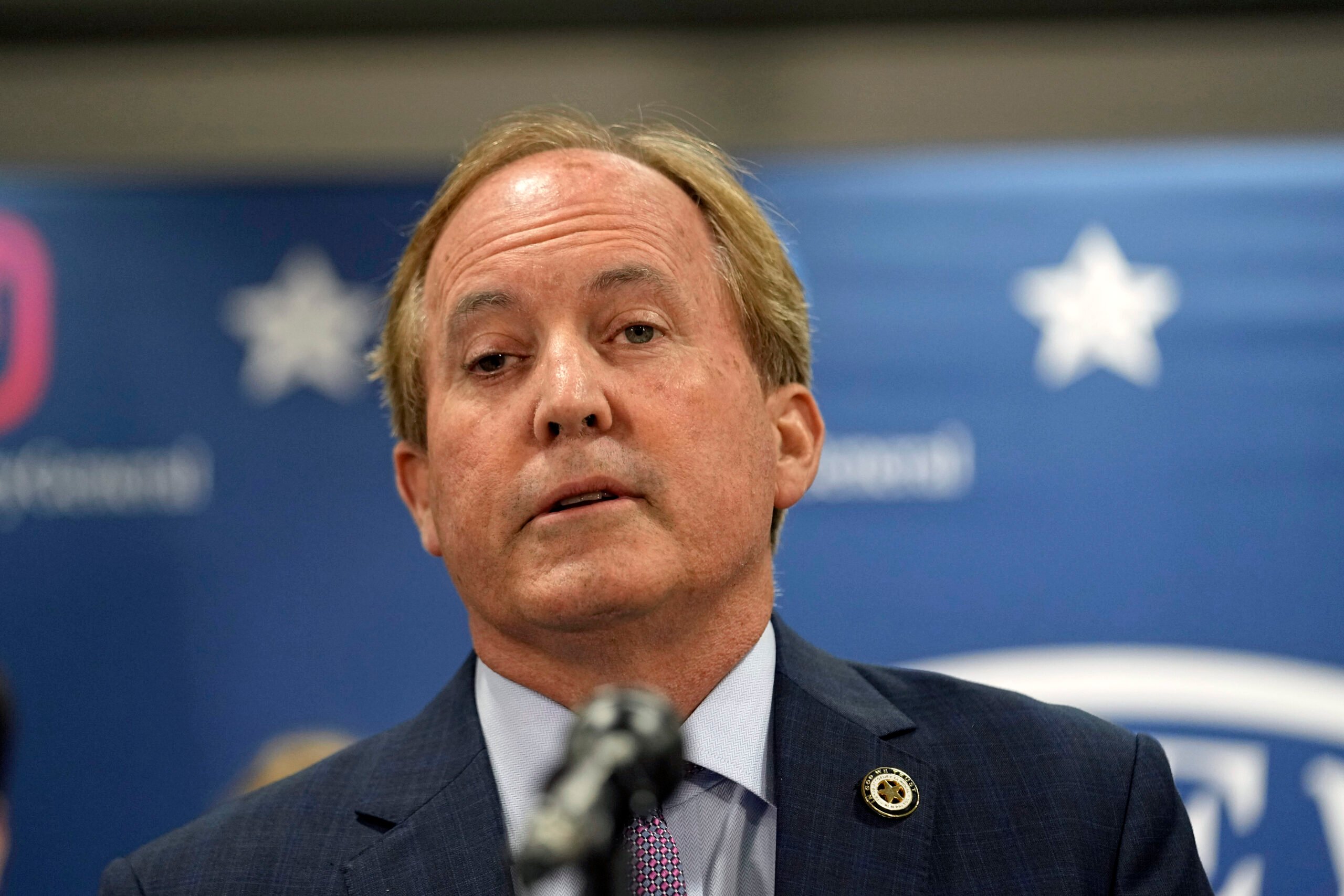
House Moves to Protect State Officials From the Public Integrity Unit

Above: State Rep. Phil King (R-Weatherford)
The Legislature took another step closer to emasculating the Public Integrity Unit and devolving its responsibilities to the Texas Rangers and local district attorneys this week. On Tuesday, House Bill 1690, authored by state Rep. Phil King (R-Weatherford), passed the lower chamber 95 to 49, on a nearly party-line vote.
A similar Senate bill has already passed, making it likely that legislation will reach Gov. Greg Abbott’s desk. It’s the latest installment in a long effort by Republicans to weaken the PIU, which operates out of the district attorney’s office in deep-blue Travis County.
Until Gov. Rick Perry defunded the PIU in 2013, precipitating both this debate and his own indictment at the hands of a special prosecutor, the way to go after members of state government accused of ethical violations was imperfect, but pretty simple. If a servant of the people was up to something shady, you could take it up with the PIU. They could investigate, and sometimes prosecute.
The PIU is perhaps best-known for the Tom DeLay case, which garnered a tremendous amount of ire from Texas Republicans. But most cases of corruption are not especially partisan in nature. For example, when officials in charge of the Cancer Prevention Research Institute of Texas (CPRIT) got caught improperly awarding grants, it was the PIU that took the lead, and secured the only conviction to come out of the fiasco.
But now the House and Senate are set to gut the PIU, and substitute a procedure of their own design. The plan legislators are generating is no less imperfect, but it has the additional vice of being a great deal more complicated. King’s bill and its Senate counterpart create a number of variegated pathways for the prosecution of state officials—allowing some state officials to be tried in their home counties, and shunting responsibility for investigating ethical lapses to the Texas Rangers, a law enforcement agency overseen by appointees of the governor.
The complication is part of the design, King told the House in a floor debate on Monday. In the Public Integrity Unit, King said, “we’ve concentrated too much power in one person.” To fix that, “you diffuse that power to as many people as possible.”
But sharing responsibility for prosecutions among several different counter-parties means that there’s also more opportunity to kill or bury a case. For one example of how that might work, Ken Paxton’s admitted violations of state securities law—a potential felony charge—were almost buried by his hometown prosecutor, Collin County DA Greg Willis. A close friend and former business partner of Paxton’s, Willis was apparently ready to sit on Paxton’s case file until the statute of limitations expired this summer, at least until a local grand jury asked for the case file the PIU sent Willis.
King’s plan is better in this regard than the plan adopted by the Senate. King adopted an amendment by state Rep. Chris Turner (D-Ft. Worth) that attempts to force DAs with prior relationships to recuse themselves from ethics cases, and a number of other amendments from Democrats that sought to defend against conflict of interest. The Senate’s plan doesn’t do any of that. But the House version still effectively creates a special new class of defendants, which includes legislators. For them, the law applies differently than it would anyone else.
State officials who break the law have, in the past, been charged in the county where they committed a crime, or in Travis County, which contains the seat of state government. In the future, a first-term governor or state official who breaks the law could find himself charged (or not) by a prosecutor in the county where they last filed to run for office. (After they’ve served one term, they’d presumably live in Travis County and so be tried there—though state Sen. Donna Campbell has proposed a constitutional amendment to allow some state officeholders to live wherever they want.)
Imagine, for the sake of argument, Agriculture Commissioner Rick Perry taking a big, fat bribe in 1992 and being charged by a high-powered legal team in… Haskell County, population ~6,000. It doesn’t seem optimal.
And though ethics cases could hypothetically could be ignored or weakly prosecuted by political allies of legislators and state officials, the opposite could be true, too, as some Democrats pointed out in Monday’s debate. They could also be over-prosecuted by a hometown DA who is a political rival of a legislator. What happens if the Texas Rangers drop a weak criminal case in the lap of a DA whose friend is about to challenge the defendant in a primary or general election?
These questions might never come up. The DAs might prove themselves faultlessly scrupulous defenders of the public interest. But in designing a system to hold elected officials accountable, it makes sense to consider the extreme cases and structural weaknesses that could manifest themselves over time: In rushing to replace the PIU, legislators don’t appear to have given these questions a lot of thought.
When a defendant or plaintiff moves a case to get a friendlier judge or jury hearing it, it’s derisively referred to as “venue shopping.” Right now, a whole system of government is engaging in pre-preemptive venue shopping, and it’s more or less bidness as usual.
What do you call it when the Texas Legislature scraps a decades-old system that aimed to keep crooked pols accountable with a minimum of conflict of interest and replaces it with one that seems to be have been done-up on a dry erase board about an hour beforehand?
Monday.


